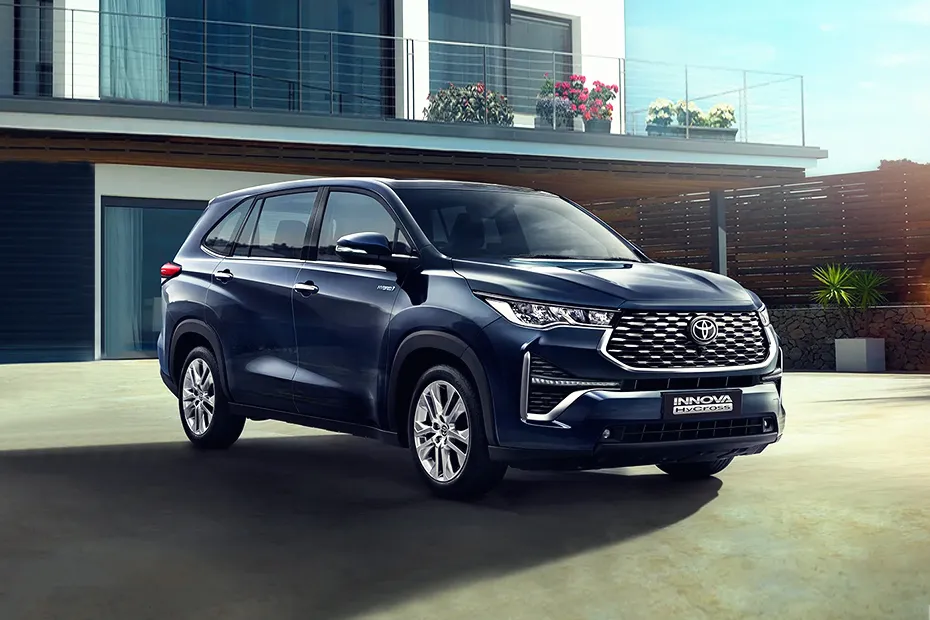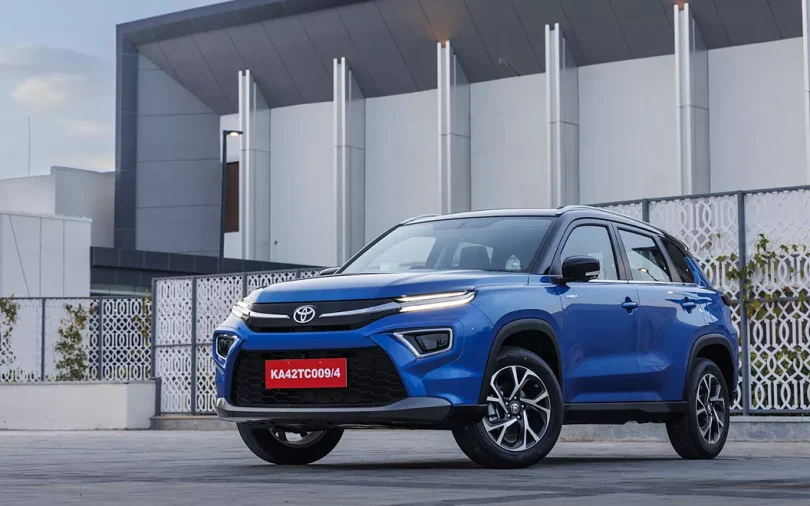Key highlights
- Toyota faces months-long delays in delivering hybrid vehicles due to surging global demand.
- Supply chain bottlenecks, including shortages of magnets and inverters, are impacting production.
- The automaker is investing in new facilities and suppliers to address the supply crunch.
Toyota, the global leader in hybrid technology, is grappling with an unprecedented surge in demand for its hybrid vehicles. While the automaker’s bet on hybrid technology has paid off, the soaring popularity of its gasoline-electric models has outpaced production capabilities, leading to months-long delays for customers worldwide.
Unprecedented demand for hybrids
Over the past five years, global sales of hybrids, including plug-in models, have nearly tripled from 5.7 million to 16.1 million units. This remarkable growth underscores the increasing consumer preference for hybrids as a bridge between traditional internal combustion engines and fully electric vehicles. However, Toyota’s supply chain is struggling to keep up with this demand.

Not enough component supply for hybrids
The automaker is facing significant bottlenecks in the production of hybrid-specific components. A shortage of magnets, essential for hybrid motors, has disrupted supplies from key partners like Aisin Corp. Similarly, delays in the delivery of inverters—critical for converting battery current to power the motor—have further strained production. These issues have led to extended waiting periods for popular models like the Prius, RAV4 Hybrid, and Yaris Cross Hybrid.
High waiting period – a global issue
In Europe, customers are waiting an average of 60 to 70 days for new hybrids, double the duration reported in 2020. In Japan, wait times range from two to five months, while in India, delivery times vary between two and nine months depending on the model. The situation is equally challenging in the United States, where some dealerships have completely sold out of popular hybrid models.
Toyota’s steps to ramp up production for hybrids
To address these challenges, Toyota is ramping up investments in production capacity. The company recently expanded its factory in North Carolina, which will begin shipping batteries for electrified vehicles in April. Additionally, Toyota is exploring alternative suppliers and considering local production of inverters in India to mitigate supply chain disruptions.
Despite these efforts, the automaker acknowledges that meeting the growing demand will take time. “Demand for hybrids has increased significantly in the past year in all regions,” Toyota stated. “We are doing our best to boost production and improve delivery lead times.”
The hybrid boom has validated Toyota’s long-standing commitment to the technology, even as some rivals focus solely on battery-electric vehicles. However, the current supply crunch highlights the challenges of scaling up production to meet global demand.
Also read: Gazoo Racing to develop all future Toyota engines – Here’s why!


